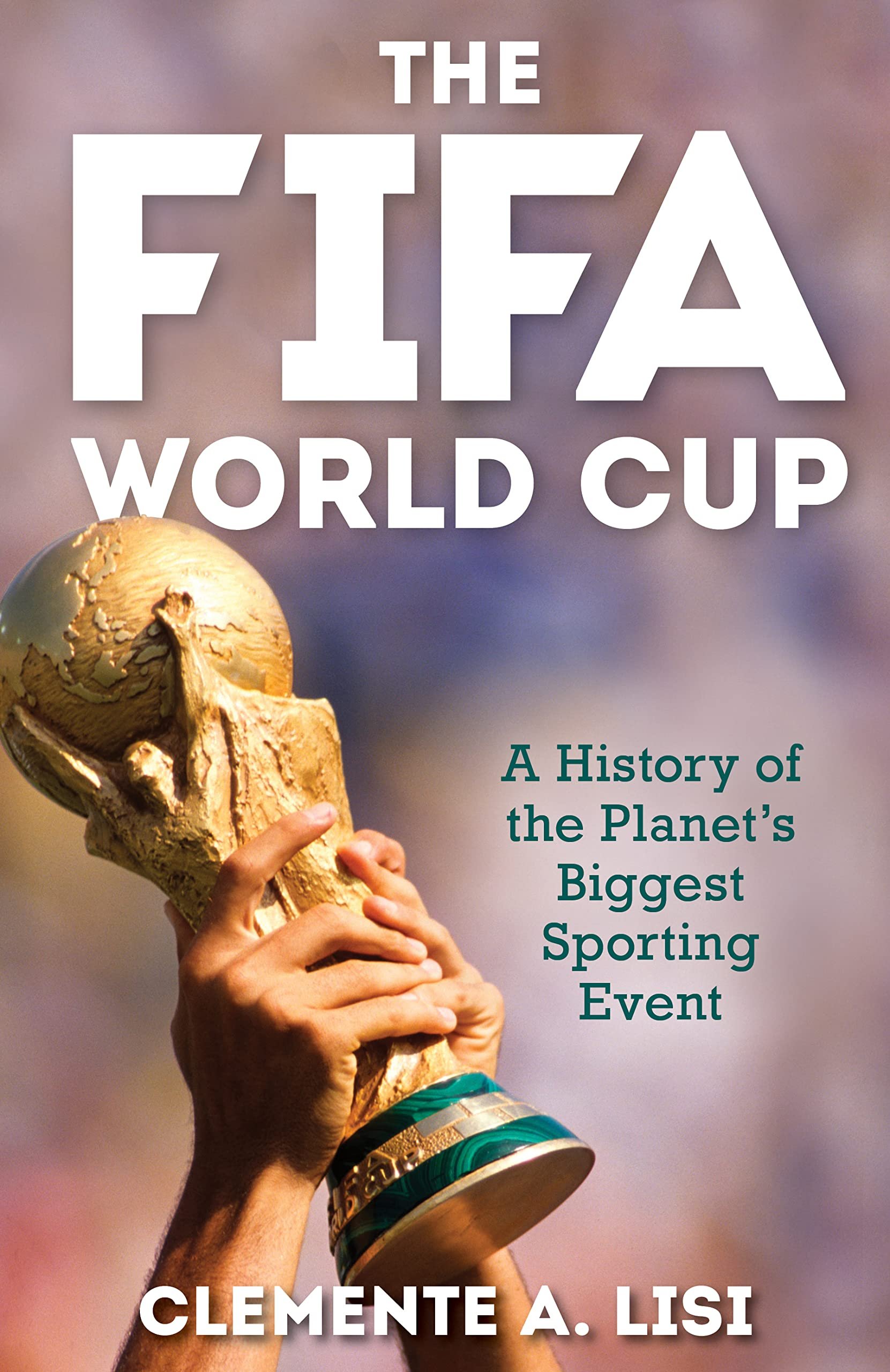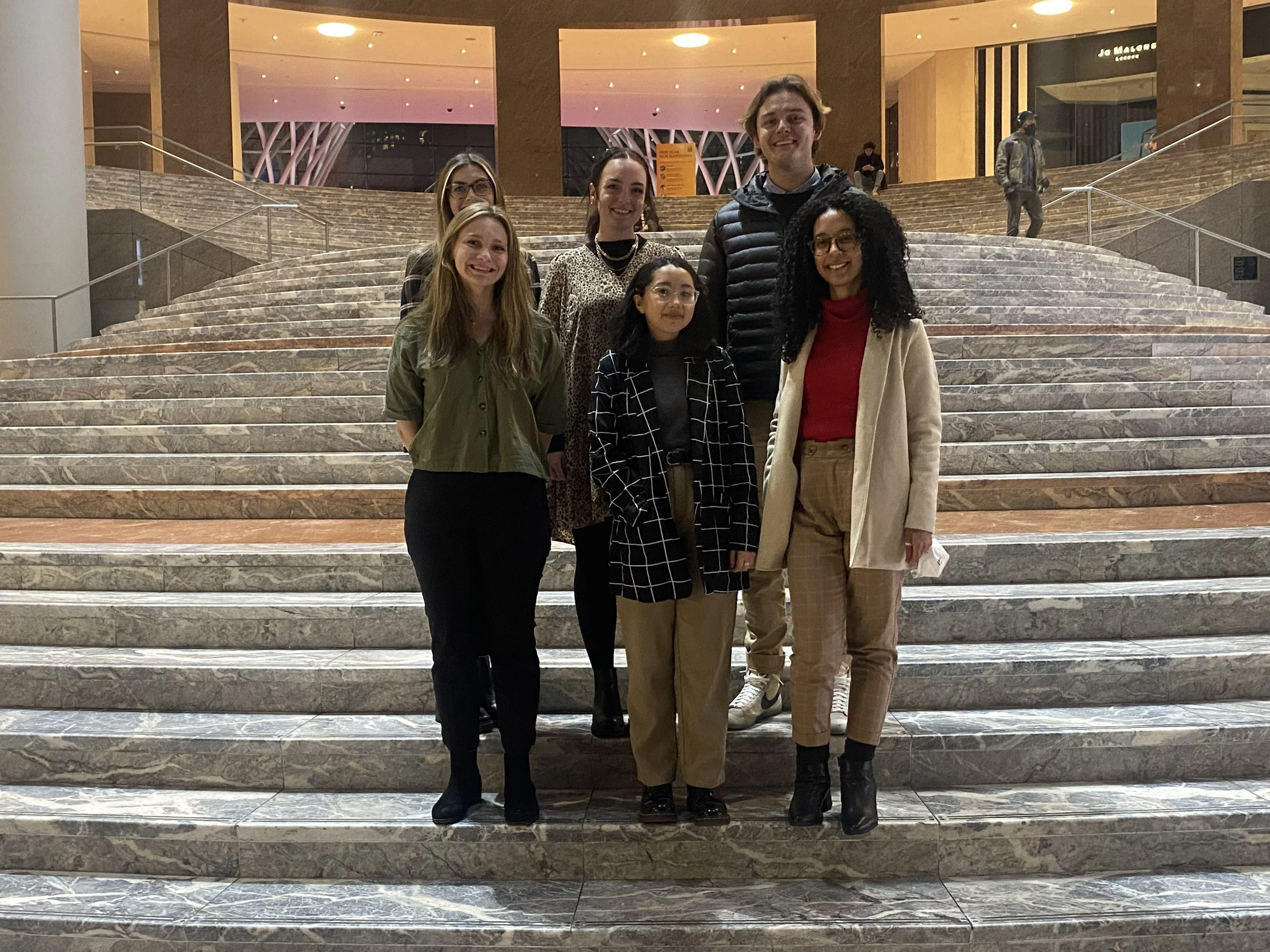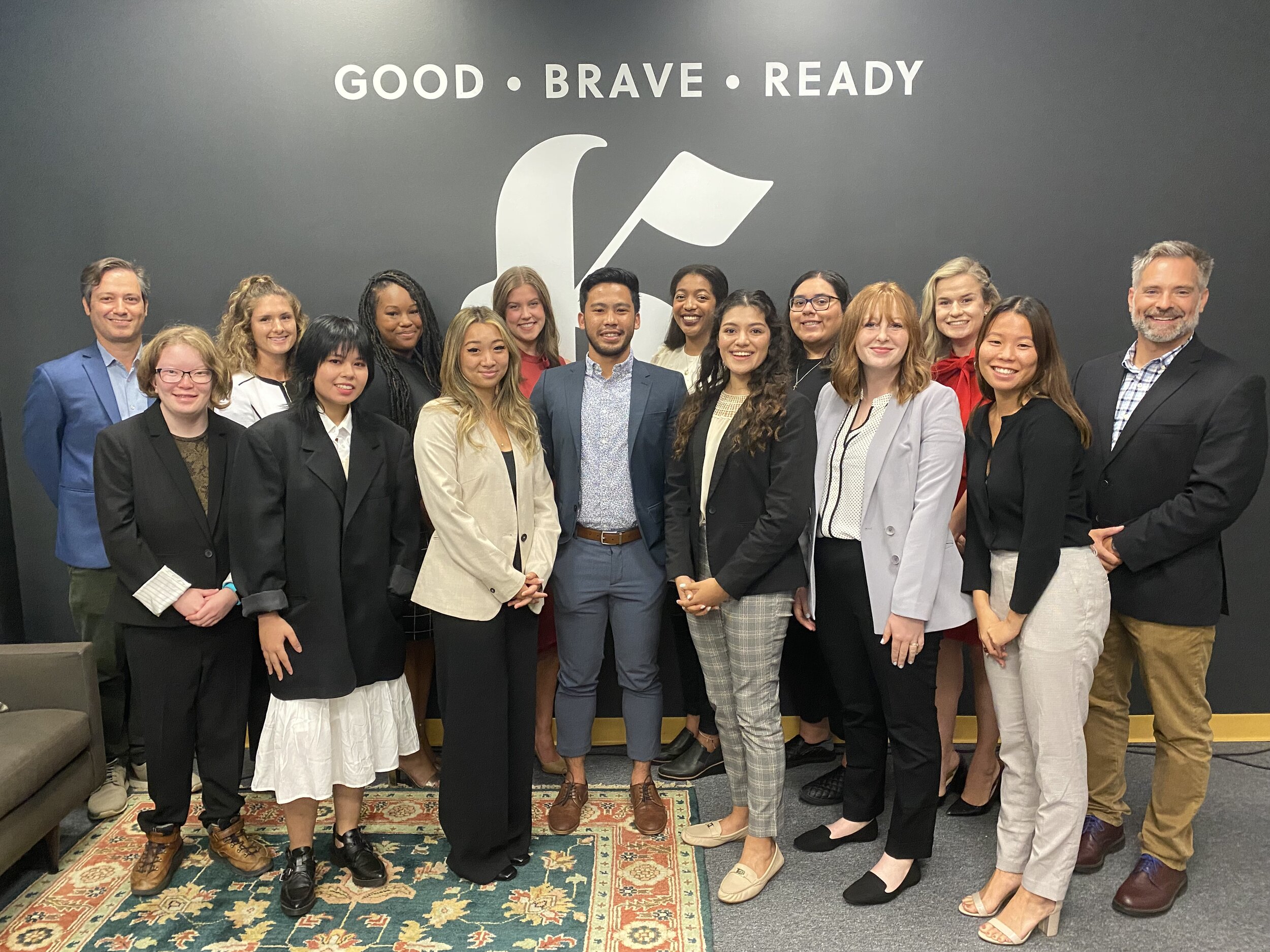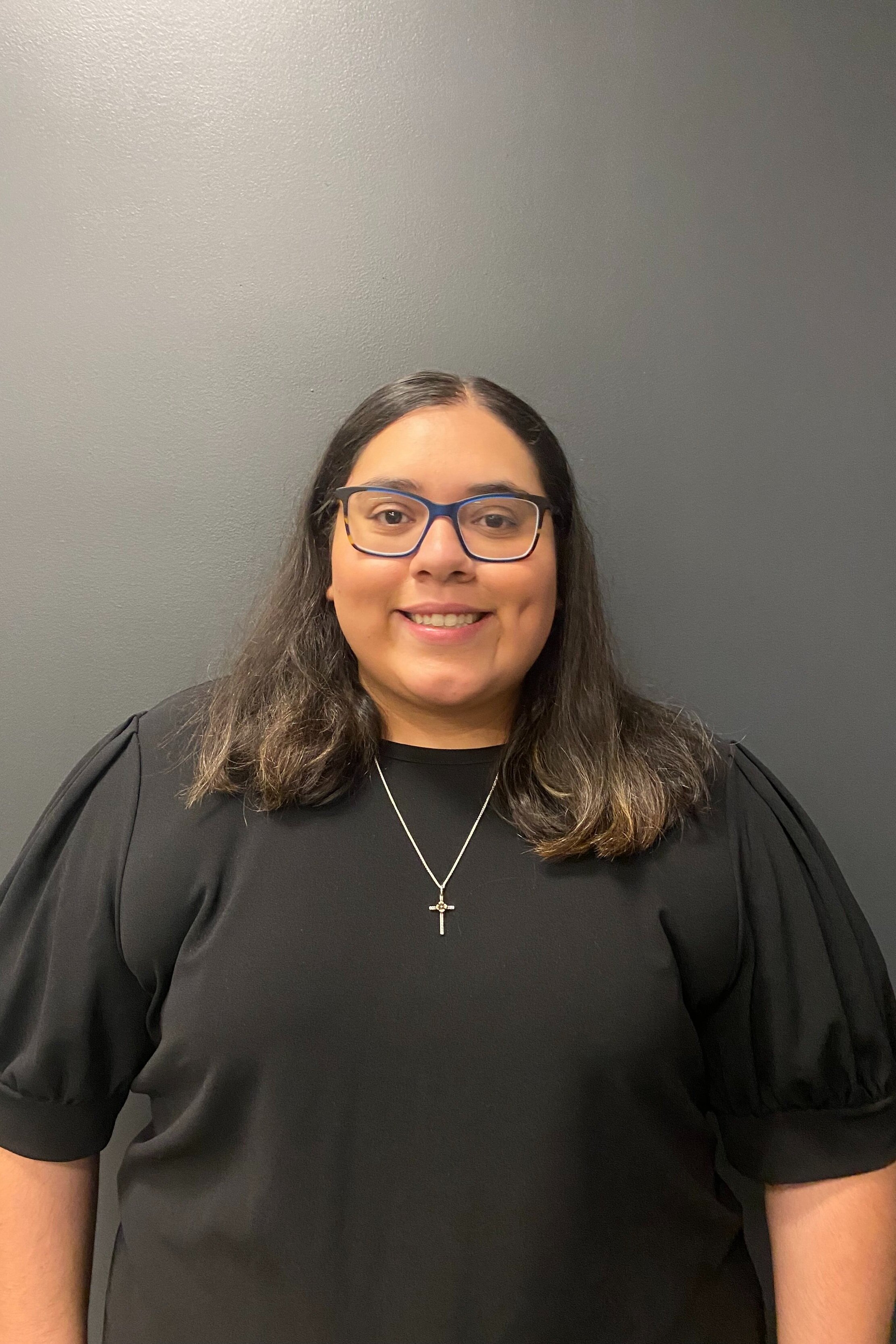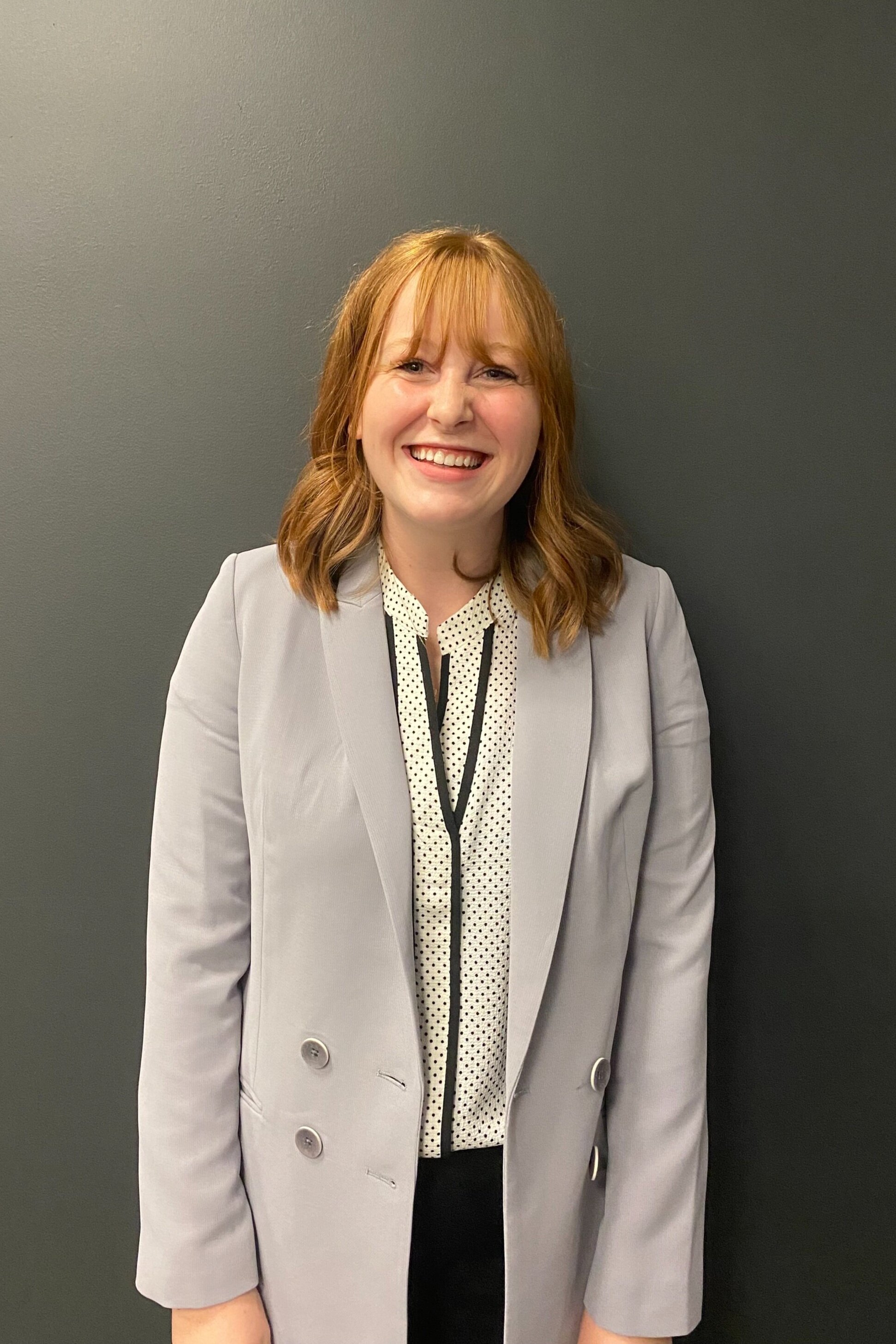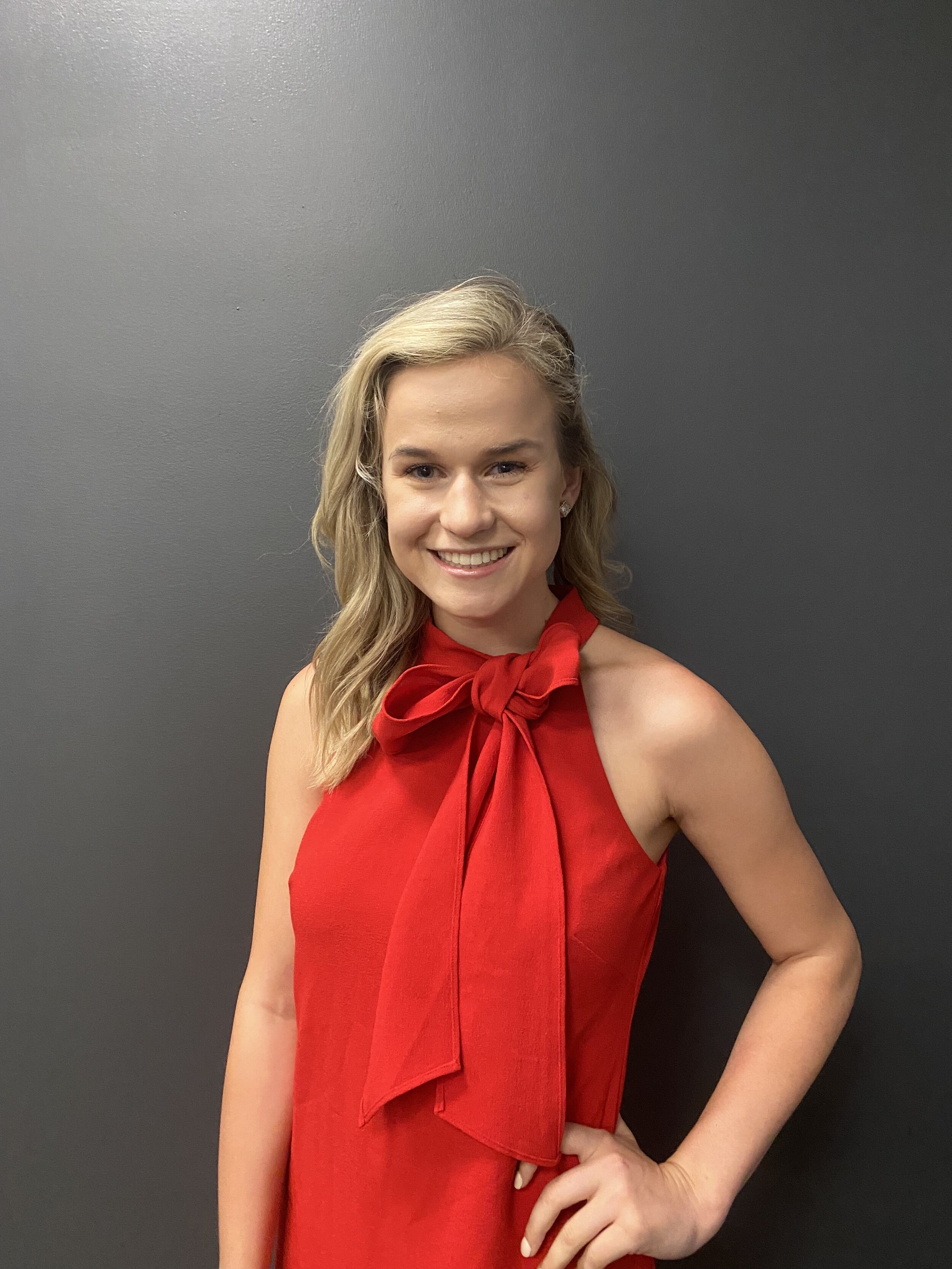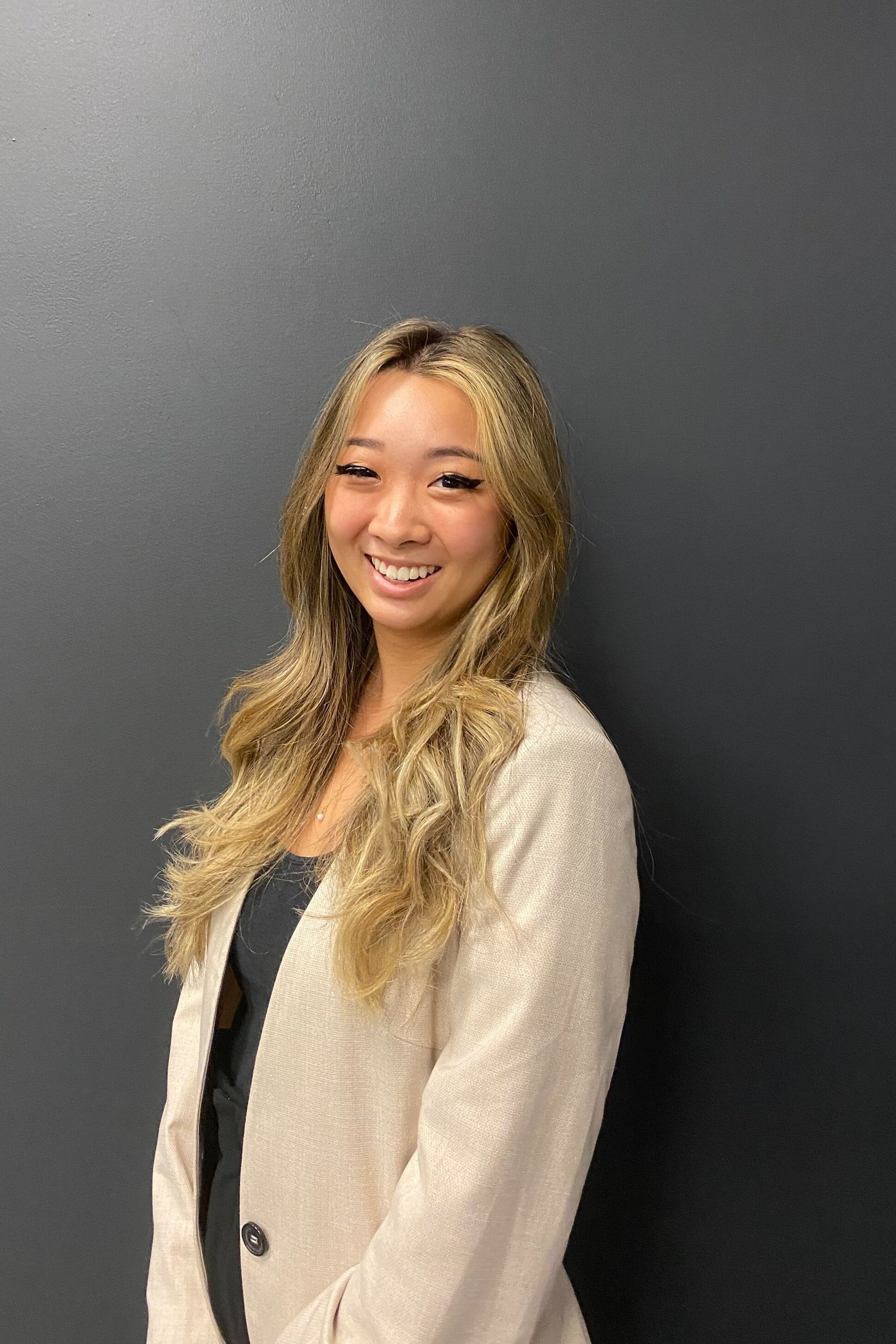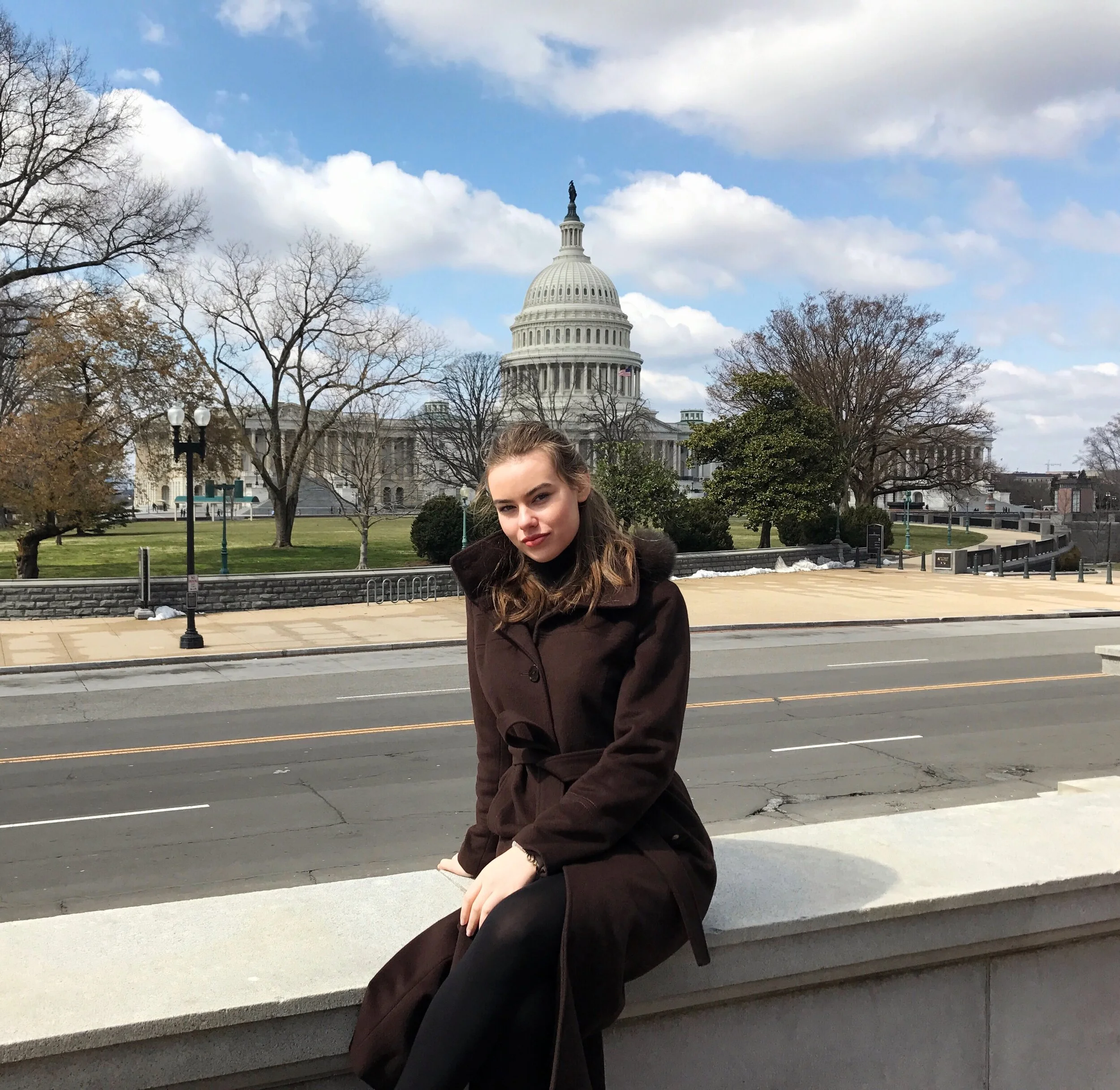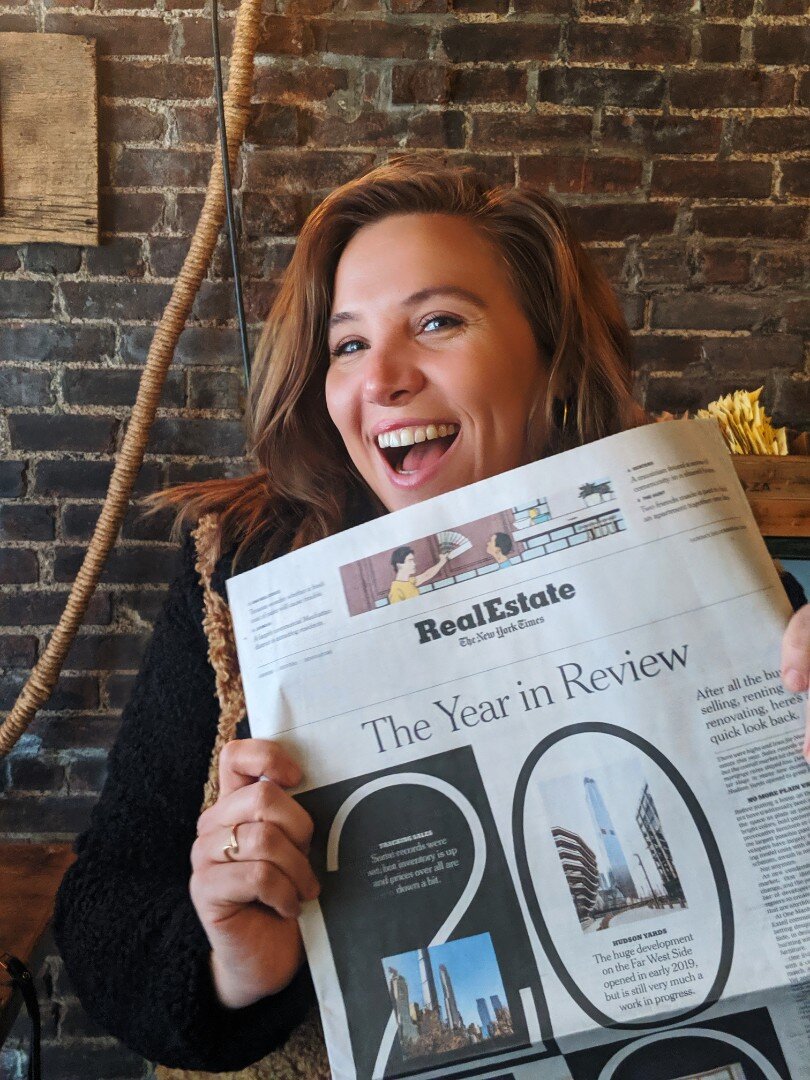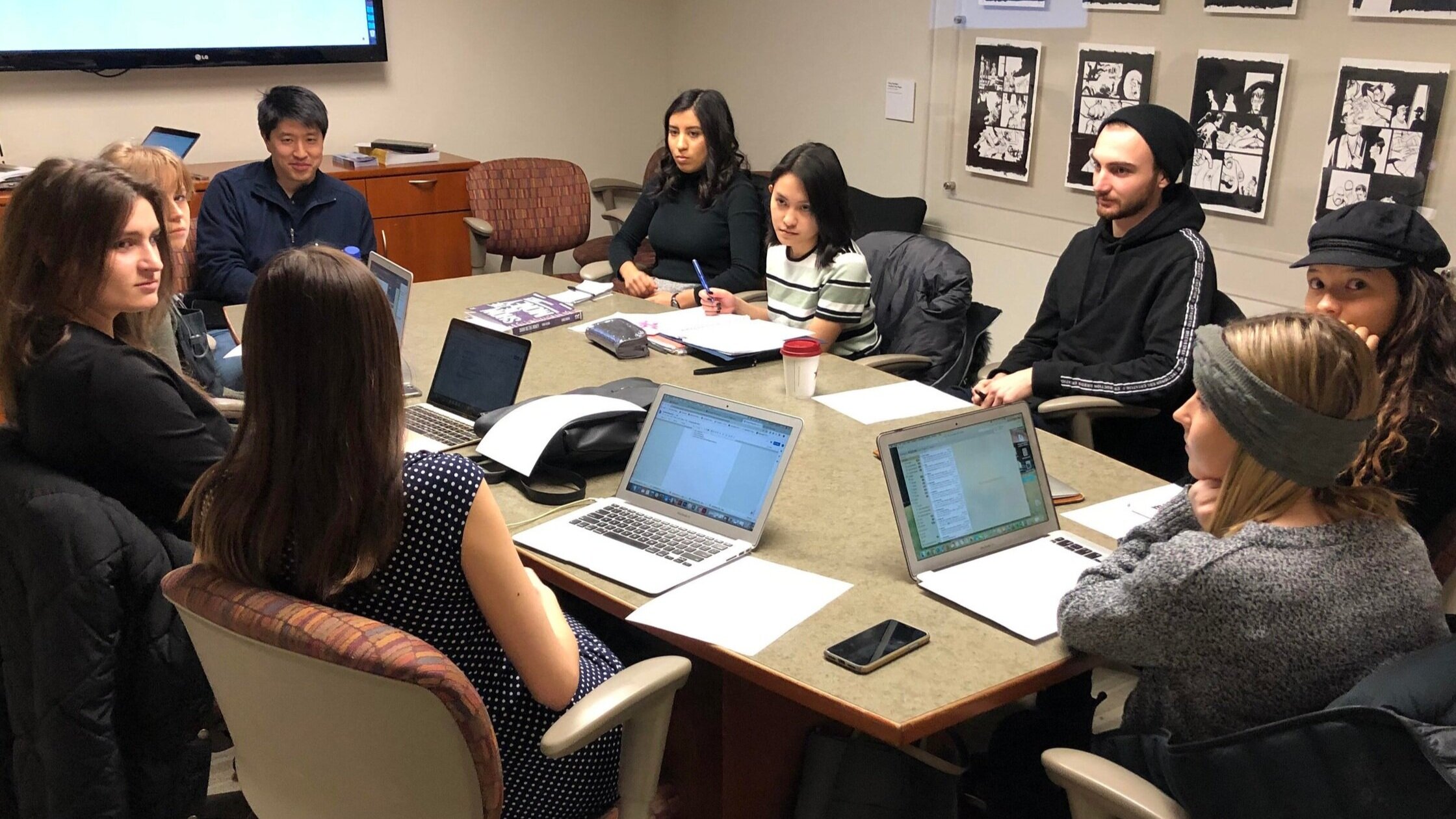Prof. Clemente Lisi recently wrote a book titled “The FIFA World Cup: A History of the Planet's Biggest Sporting Event.” The book was released on Oct. 12, a month before the official launch of the 2022 World Cup in Qatar on Nov. 20.
The Empire State Tribune, the independent student-run campus newspaper at The King’s College, sent Campus Editor Melinda Huspen to chat with Lisi about his new book, the World Cup and his time covering this global game of soccer.
Melinda Huspen: In one or two sentences, what is the book about?
Clemente Lisi: The book is about the history of the World Cup, which started in 1930. It’s also a bit of a preview of the next World Cup, which is going to be happening in Qatar on November 20. It gives a history of all the games, the key players and some behind the scenes that a lot of people around the world know about because they've been watching the World Cup for generations. American audiences, however, are fairly new to the World Cup. I think most Americans have probably been interested for the last three or four generations, so it gives a lot of that history ahead of time and full context into what the tournament is about.
Huspen: How long have you been working on this particular book?
Lisi: My publisher came to me a little over two years ago, so this has been a two-year process. Writing a book is a lot of work. It took a lot of research and going back to my own notes, as I've covered the last three World Cups as a freelance writer myself. The research took about a year, and then the rest of it was spent writing. I was on a pretty aggressive schedule at that point, the book had to come out in October because the World Cup was in November. I had to give it to them by June. I was basically writing a chapter a month and I had to keep by that schedule. Now, the one thing that was in my favor at the time was it was the middle of the pandemic. Researching the book was harder, but you learn a lot about using online sources and online libraries. You also have the time to write it because there's nothing else to do. I could do six to seven hours a day in the summer months to write the book.
Huspen: This isn't the first book you've written on the World Cup specifically, correct?
Lisi: Yes, and that was part of the issue. I've written books about the U.S. Men's National Team, the U.S. Women's National Team and the World Cup in the past. When a publisher came to me and said, “we want a whole new book with a whole new sort of tone,” I thought, “Well, how am I going to tackle a subject that I've sort of tackled already in many different ways? This book is heavily researched in a way that I wasn't able to do in the past. I think that's because teaching for the past five years and being in the academic world has sort of taught me more about what it's like to do research and use research tools like an academic would. I approached the first half of the book like an academic, and the second half of the book I approached more like a journalist because those World Cups happened in my memory, and the last three I attended. I wrote it as if to take the reader there in a way that we never did before. The other difference between this project and the other projects that I worked on was that the publisher was really adamant about being objective about the World Cup itself, and more importantly how FIFA [Federation Internationale de Football Association] as an organization is run. I have no qualms about saying that FIFA is one of the most corrupt organizations on the planet. The book makes clear, especially in the last few chapters, about the sort of seedy nature of awarding the World Cup and some of the financial wrongdoing that happened.
Huspen: How did you approach writing about the big FIFA corruption case? How does your efforts in covering it either expand on or differ from the coverage at the time?
Lisi: It's funny, because at the time I was working at ABC News and we were covering it aggressively. The financial wrongdoing case was in 2015, when the US Justice Department got involved and a bunch of FIFA officials got arrested. They really blew a big hole into what a lot of people already knew, which was that FIFA is a corrupt organization with a lot of money laundering and a lot of scandals involving tickets. FIFA as an organization has no policing, it's all self governed, it's located in Switzerland so there's no oversight and it’s very easy for people to basically use it as an ATM machine.The World Cup is a huge generator of revenue for them, which made it a perfect storm until the US government got involved because some of the financial dealings at some of the banks were located in Florida. That gave the US Justice Department the opportunity to say, “It’s on US soil, so we can investigate this. I have lots of memories of covering that event, being an editor at ABC when it was a big thing. I have all the legal paperwork, legal documents and press releases. I thought that this was an opportunity, since I'm doing a definitive book on the history of the tournament, to really go into detail. The thing I found difficult was that if you're doing this research, you have to go to 15 different sources to try to piece together a timeline of what happened. It's hard to keep track of all these characters, so I really focused on just a few. My goal was to basically condense it all into one source.
Huspen: When and how did you start covering the World Cup?
Lisi: I started watching the World Cup when I was five years old. In 1982, Italy won the World Cup and I happened to be on vacation with my family there. My family is from Italy. Even as a five or six year old, the passion that this sport evokes in people was very impressionable when you're that little. Maybe deep down I wanted to be a soccer player; I played as a kid but wasn't good enough at it to get very far. But I did the next best thing, which was write about it and get to travel around the world and watch it. I watched soccer in general and the World Cup all throughout my life, but it wasn't till 2010 that I started to work on it. You know, I think deep down I always wanted to be a sports writer too. It just never worked out for me, though, as I usually ended up covering news and other things. As a freelancer, though, I thought, “Oh, this would be fun to cover.” I got lucky in 2010 to actually be able to go to South Africa and cover the World Cup that year. That was my first and so far only time in Africa, and it was just an amazing experience. It wasn’t just because the World Cup was fun and soccer is a great sport, but also because of the whole culture around it. Being in a place I'd never would have been before, I got to see things and meet people I never would have met otherwise. I thought, “Every four years I have to make it a point to get to the World Cup one way or another. In 2014, I went to Brazil, and in 2018 I was in Russia. At that point I was already working at King’s. I'll also be able to go to Qatar for the final week of this World Cup, so I'm looking forward to that. I’ve never been to the Middle East either. It's an opportunity to meet lots of people and eat lots of food that I wouldn't normally eat, getting a new cultural experience.
Huspen: In the title of the book you call the World Cup the planet's biggest sporting event. Why do you make that claim?
Lisi: Yeah, I get a lot of pushback on that. The World Cup is the biggest sporting event just in terms of eyeballs. I think a billion people watched the World Cup Final four years ago between France and Croatia. Even the Olympics, a global event with lots of different sports, doesn't compare in numbers. The Super Bowl for sure doesn't get there. It's in the millions, obviously, but it's mostly just the United States or North America. That's why I make that claim, and I have the numbers to back it up. I think a lot of American sports fans are like, “This is not the biggest thing in the world,” but it is.
Huspen: What kind of cultural imprint has the World Cup left both inside and outside of the soccer and sporting world?
Lisi: Two things: first, if you've ever been in another country during the World Cup, you know that everything stops. It's a little bit like how Americans watch March Madness basketball; for like two, three weeks, almost no one is doing any real work and they're just watching basketball all day. That's what happens with the World Cup for a whole month. Everyone is just basically watching soccer on television. If you go to Brazil or Italy or Spain or any of these countries where soccer is a big deal, you'll see it firsthand. Second, it gives other people other countries an excuse to be nationalistic. Nationalism is kind of a bad word in a lot of places, particularly in Europe where it's tied to Nazi Germany or fascist Italy. This is an outlet for people in Germany to say, “I cheer for Germany because this is my soccer team” or “I cheer for Italy” in places where nationalism is a bad word. I think soccer is a good excuse for people to be proud of their country. If you meet any Brazilians or Argentines, they identify primarily with their soccer players and their soccer team, not with their politics or other cultural institutions, because that's what people know them for. It’s a sense of pride for a lot of people, and increasingly in America that's becoming the case too. I think that when the World Cup starts, people in the US will be very interested in watching the U.S. team.
Huspen: Do you call the sport in your book soccer or football?
Lisi: I call it soccer in the book because that's what Americans call it. I know that the rest of the English speaking world calls it football, but I also know why we don't call it football because we would confuse the heck out of people who are watching the NFL because we call that football too. What I dislike is when Americans start using English words to talk about soccer. They'll say football, which doesn't doesn't bother me as much, but then they’ll say “pitch” instead of “field” or use all these other British terms. Just say “soccer field,” we're not in England. I know England invented soccer, but they don't have a monopoly on the language of soccer. That's kind of my pet peeve, if you will.
Huspen: Is the goal to reach more of an American audience with that kind of decision in the book?
Lisi: Yes. It's kind of twofold; to reach more of an American audience, but also at the same time reach a global audience. I don't give more time in the book to the United States national team than with any other national teams. I try to be even-handed and give attention to the teams that are successful.
Huspen: How did you write the preview of the 2022 World Cup in Qatar if it hasn't happened yet?
Lisi: That was definitely hard, because I had to have it in by June and not every nation had qualified yet. The way I previewed it was to write about Qatar in general, answering questions like: What is this country like? How did they get the World Cup? Why is it being held here? Then I just did a snapshot of the teams that I thought were going to be competitive and that had already qualified. I think I did 10 in total. I went off on a lark and told my publisher, “I'm going to write about teams like Argentina, Brazil, Denmark, Qatar, Germany and the United States, because these countries have qualified and they might be halfway decent at the World Cup. I wish I had up until now to do it, but the deal with publishing as people may know is you have to have the book to them by a certain time. It goes through an extensive copy editing and fact checking process. I'm really thankful to my editors. They were great. That process went from June, July and then you have to get the book printers and publish it and all that takes time. At some point this was the final draft and I just had to let it go and keep my fingers crossed and hope for the best and that was it. I didn't write anything that I thought couldn't happen, because in journalism, you don't do that. You can't predict the future and write about things hoping they will happen. Ultimately the chapter on Qatar is very much just about the country itself and how strange it is to have a World Cup in November when it's 100 degrees, along with all the geopolitical FIFA mess around that decision.
Huspen: Is it usually held in November?
Lisi: No, it's usually held in June or July every four years. Because Qatar got the World Cup under some dubious circumstances, they then realized only after the fact that in the summer it's 120 degrees there and just too hot to host. So they'll be hosting in November when it's a better 85 degrees. It actually disrupts the entire soccer calendar, because between August and May there's domestic soccer leagues around Europe. The Premier League and all these other competitions are being held during that time. Everyone has to take a month break in the middle of their domestic seasons to accommodate this tournament, and then go back to playing domestically again. What will also happen is these really weird situations where you're watching the World Cup on Thanksgiving weekend, which has never happened before. On Black Friday, the United States is playing England. That'll be a huge game, and people are often off work that day unlike in the rest of the month. Instead of shopping, they can stay home and watch the World Cup. I think that game might end up becoming the highest rated game in American history because people are home for Thanksgiving and the US/England game is going to be really big here.
Huspen: When did the book officially launch and how are you advertising it?
Lisi: The book came out October 12, and marketing the book is a lot easier in an internet world where you have Twitter and Instagram. I've been interviewed by a lot of podcasts already and have tried to do a lot of appearances like this one. It's been fun, even though I don't love talking about myself that much to be honest. It's a necessary evil to publicize the book and sell copies. There was an excerpt that ran in Religion Unplugged recently as well. I'm hoping to get excerpts of the book to run in other places as well, as that gets people interested in buying the book.
This interview was published with permission from the Empire State Tribune.
